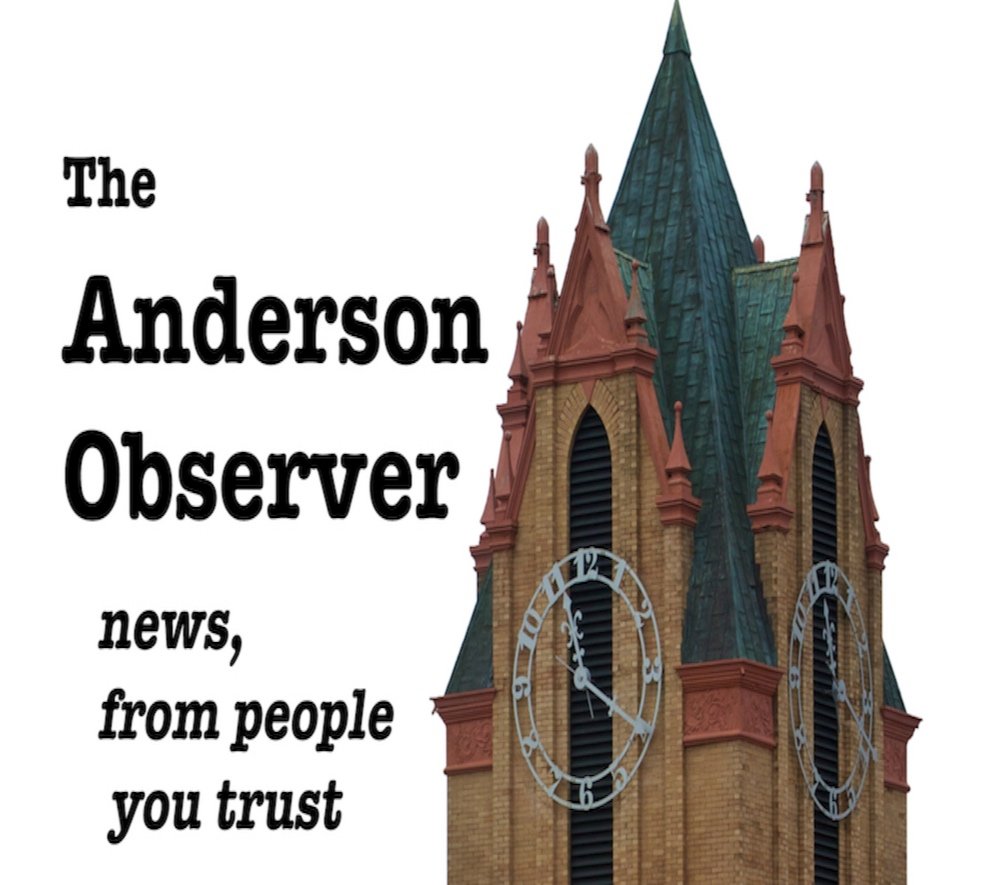Labor Unions Give All Americans Something to Celebrate
Greg Wilson/Anderson Observer
As we mark another Labor Day, working Americans, both union and non-union, have a long list of reasons to thank the labor movement-including giving workers the right to paid and unpaid leave. Many of these men and women in the labor movement gave their lives to secure a better future for all workers in this country.
Along with churches, libraries, schools and national parks, labor unions are among the building blocks that made America great.
Today we are reminded who all Americans are blessed by the contribution of labor unions, including:
Higher Wages: Collective bargaining, as witnessed in most other West nations, brings far better pay than a minimum wage.
Weekends Off: Massive union strikes in the late nineteenth and early twentieth centuries led to shorter work weeks with weekends off. This allowed Americans to be home with loved ones instead of constantly working.
Paid Vacations: With summer coming to a close, take time to thank your union for the paid vacation time that made it possible to rest and relax with your family.
Family & Medical Leave Act (FMLA): Unions spearheaded the fight that resulted in the passage of this law that gives eligible employees the right to take up to 12 weeks of job-protected unpaid leave annually for family and medical reasons.
Breaks at Work: Including Lunch: Although they are now federally mandated, breaks haven't always been an employee right. Studies have shown, breaks provide important rest periods that improve safety and productivity.
Sick Leave: Without paid sick leave, many workers couldn't afford to take the time necessary to recover from illnesses and accidents.
Paid Holidays: Labor Day is one of nine paid holidays offered by most employers in the U.S. As you spend time with family and friends this Labor Day, thank your union.
Military Leave: The Uniformed Services Employment and Reemployment Rights Act ensures those that serve their country can keep civilian employment and benefits, and seek employment free from discrimination.
40-hour Work Week: Americans once worked 60 hours a week or more. It wasn't until the 1950's that 40-hour work weeks and 8-hour work days became standard across America thanks to union negotiations.
Child Labor Laws: In 1938, this union-led fight resulted in the first federal regulation of child labor, which ensured that when kids did work, the work would be safe and wouldn't interfere with schooling.
Safer Workplace: Labor unions helped fight for legislation to provide federal legislation to provide Americans with a safer place to work.
